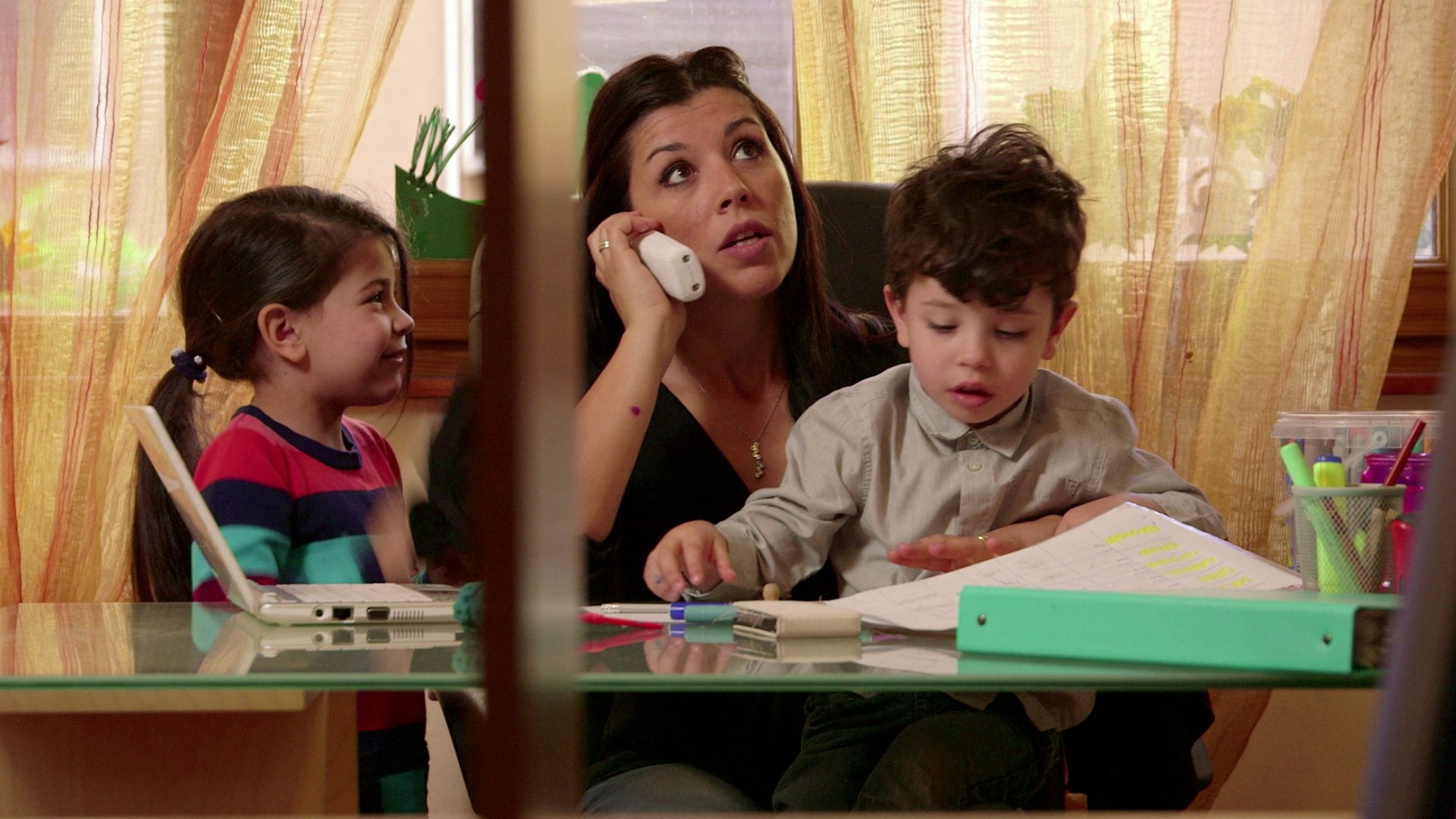PENNSYLVANIA, USA — When January hit along with a new year, many people who'd been working remote for quite some time thought they'd finally be coming back to the office.
But due to COVID cases, a number of employers, including in our area, kept people working from home.
And some of those remote workers might still be struggling to find the right balance, constantly feeling like they're plugged into work.
When the pandemic first started back in March 2020, technology was great! It helped us stay connected, but the lines got blurred for so many workers trying to balance work life with their personal life. And some human resource consultants think it's actually worse now compared to when the pandemic first started.
"I think it is worse now," Leslie Wireback said.
Leslie Wireback is a human resources professional who's been a go-to guide for many companies across Pennsylvania. She says that the struggle employees are facing of balancing careers with personal lives is something so many remote workers are still facing right now—especially the pressure to respond to work emails or calls after hours.
"I also think there was at least some grace early on in COVID that 'we're all in this. We don't know what's happening. We don't know exactly how to navigate this now.' It's almost shifted to 'we've been doing this for two years we should know what to do,' and they really don't," Wireback said.
Employees feeling like they're constantly on the clock is one of the reasons workplace culture experts, including Leslie, say caused people to leave their jobs in record numbers.
In November, 4.5 million Americans quit their job.
"They feel like they always have to be on for work, and it's really having an impact on their lives," Wireback said. "We shifted rapidly into work from home [to] hybrid, back and forth over the last year without really communicating the expectations of how that should be. People were just diving right in, and it wasn't clear."
Newswatch 16's Ryan Leckey asked Wireback for her advice for employees trying to navigate that balance.
"It's a great question. And the key is communication of the expectations. So if your boss hasn't said, 'hey, you have to be on at 9:00 p.m. and reply,' then the employee needs to ask the question, 'am I allowed to shut my device off? Can I respond the next day?' What does that look like? So that it's clear. Unfortunately, our devices are always on," Wireback said.
She also added, "you have your computer or your cell phone right there, and you can reply. But what happens is it triggers you moving into work mode, and then you can't kind of just answer that and get back. Also, if you're an hourly employee, it's especially important to have that conversation because you need to be paid for that time. So you would have to be compensated if you're salaried, knowing what you have to do is more of the key of the conversation,"
Wireback's last piece of wisdom is about direct communication.
"My advice is to go to their boss directly, ask to have a conversation about work expectations. If they're not comfortable having that conversation directly with their manager, go to human resources to have that conversation first so that they can know what the proper channel is to navigate within their organization. But the biggest advice I have is to take that first step and have the conversation so that you can stop the cycle and create a path forward," she said.
And developing a better work-life balance could also just help you feel better and improve your mental health. Dr. Lia Richards-Palmiter is an associate professor in the school of social work at Marywood University in Lackawanna County. She also works as a therapist on the side.
"Over the last two years, the increase in people feeling very stressed out about working from home and these issues of COVID and just not knowing what the future holds has increased the referrals I get," Dr. Richards-Palmiter said.
Dr. Richards-Palmiter elaborated on the stress people are feeling.
"People tend to see their job or their work as an authority figure. So even if they have walked away for a minute, if they hear on their phone like a Ding, it goes into that work mode sort of panic," she said.
And if you haven't already, Dr. Richards-Palmiter suggests creating a separate room or space at home for all things work-related and leave it all there when you're off the clock.
"Being able to just walk away from that" could help prevent burning the candle at both ends, according to Dr. Richards-Palmiter.
"Creating boundaries, creating limits will help perpetuate sort of positive work attitude and productivity at the end of the day," she said.
The bottom line from both experts: if you're feeling like you're always dialed in, have the conversation with your boss or H-R leader.
And get this: some countries in Europe, including Portugal, actually passed new labor laws last fall that ban bosses from contacting employees outside of working hours depending on staff size. If they do, they could face fines. The new laws also state that the companies have to help pay for expenses incurred by remote working, such as higher electricity and internet bills. Spain and France have similar "disconnect laws" as well.
Now in the US, where many countries view us as an "always on, work-oriented society," no legislation has been enacted in the United States to give employees the "right to disconnect." Although New York state lawmakers proposed it in 2018, it was shot down.

